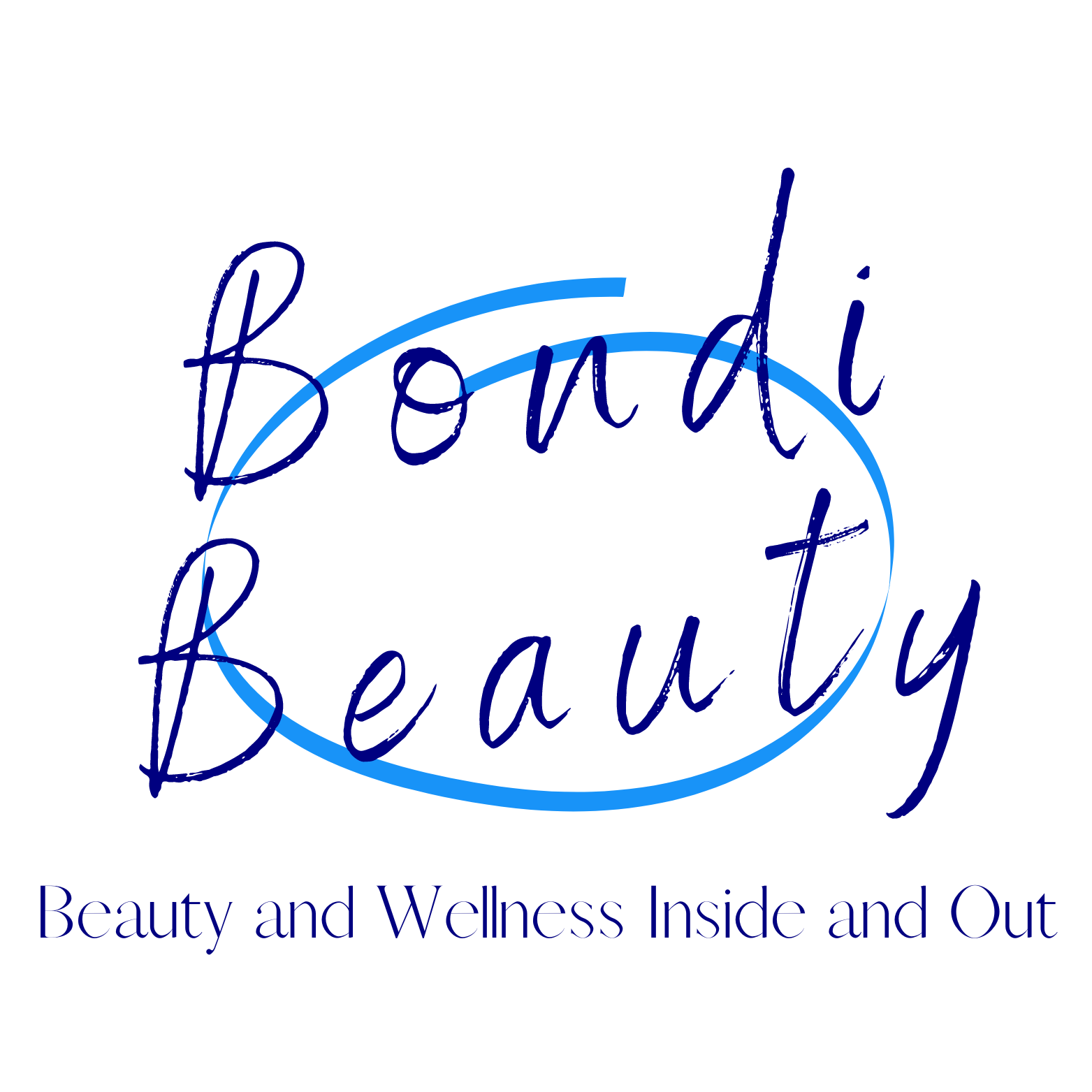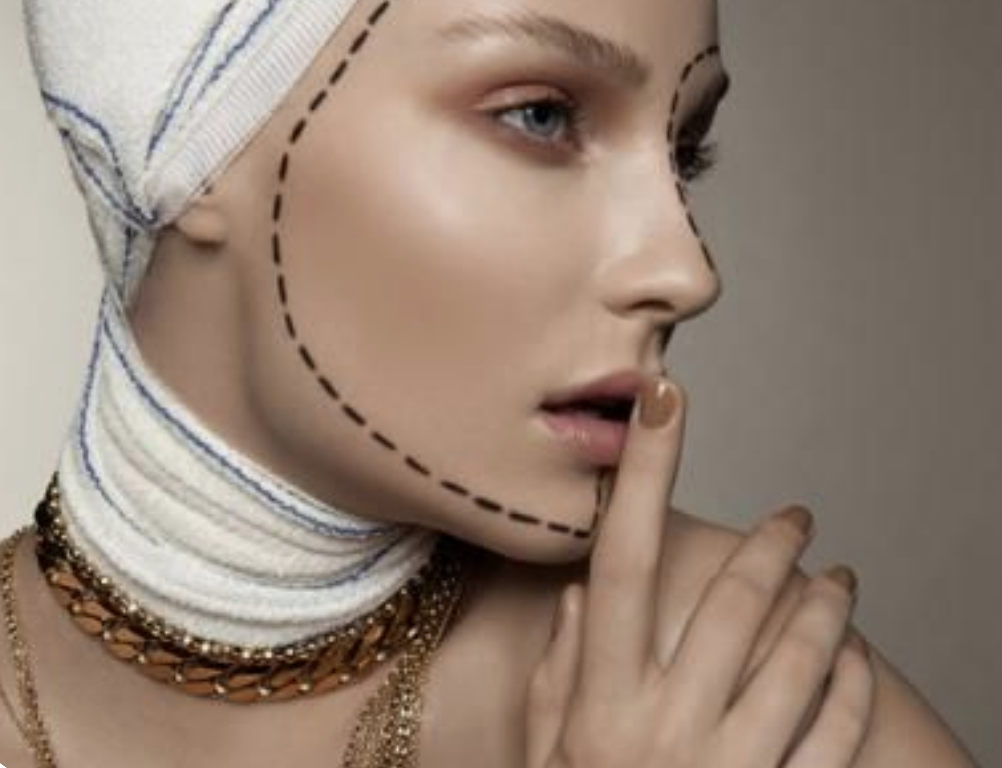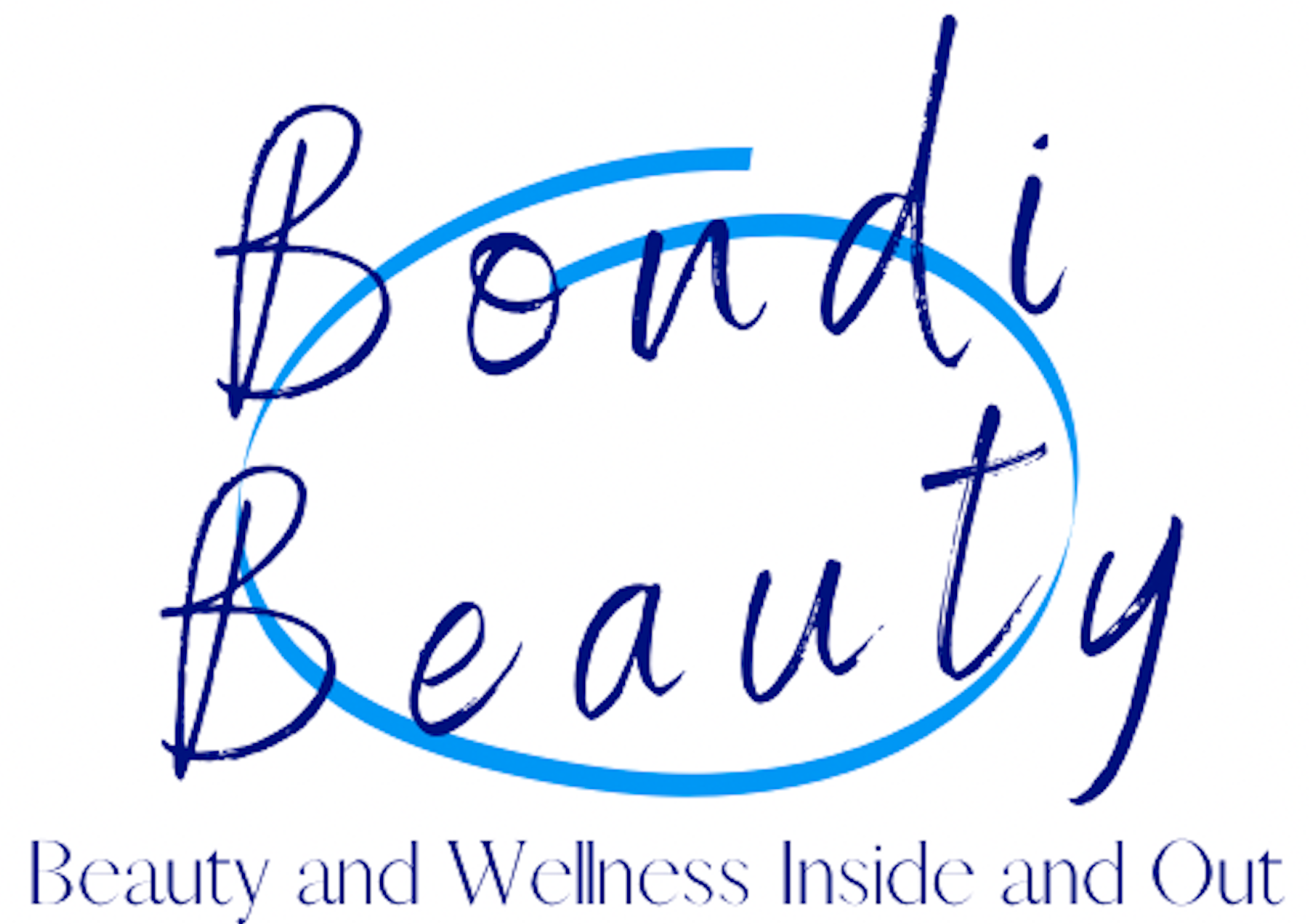Applying a snapchat filter may seem like fun and games, until it becomes a dangerous obsession in searching for a permanent solution to keep the filter on. Researchers are calling it “Snapchat Dysmorphia”.
With over 1 billion monthly users on Instagram sharing, promoting and liking photos at a constant rate, anywhere, anytime; the pressure to live up to the social ideal of beauty has never been more prominent.
And now, worrying statistics from the American Academy of Facial Plastic and Reconstructive Surgery (AAFPRS) have revealed that over 62% of consumers seeking cosmetic enhancement are doing so because of dissatisfaction with their social media profiles.
Further, over half (57%) of plastic surgeons from AAFPRS have reported their clients are seeking cosmetic surgeries to look better in selfies.
And as photo editing gets easier, allowing people to distort their photos to create an unrealistic ideal that others then compare themselves to, it’s a statistic that is likely to continue to rise.
It’s worrying trends such as this that have led researchers from the Department of Dermatology at Boston University to coin the term “Snapchat dysmorphia”.
Snapchat Dysmorphia
Published in JAMA Facial Plastic Surgery, researchers believed that as people are becoming unsatisfied with their appearance due to the pressures of social media, where influencers and celebrities can post near-perfect photos, consumed by the user at any time.

They then turn to apps such as Snapchat and FaceTune to smooth out pimples, change the shape of their nose or whiten their teeth.
This then becomes an appearance they want to replicate in their real lives, leading to more young people seeking to “apply the filter” for good – via cosmetic enhancements.
According to the study, the most common concerns have become nasal and facial asymmetry – two things that can be adjusted easily with snapchat or FaceTune. This has changed from the previous most popular request of a rhinoplasty, where the hump on the bridge of the nose is reduced.
Other treatments that patients have requested to improve their “selfie appearance” have been hair transplants and eyelid surgical procedures.
Co-author of the Snapchat Dysmorphia study and Director of the Ethnic Skin Centre at Boston University, Dr Neelam Vashi, told Inverse how worrying the use of photo-editing apps can become.
“It becomes a trigger for people to become very preoccupied with how they look,” she said.

“People bring in photos of themselves at certain angles or with certain lighting… the images are unrealistic… it sets up unrealistic expectations for patients because they’re trying to look like a fantasized version of themselves”
And those unrealistic expectations can have dire consequences, with AAFPRS president, Dr. Phillip R. Langsdon saying it can lead to a form of body dysmorphic disorder (BDD).
“Treating people with BDD to correct a perceived flaw is a slippery and dangerous slope, as they will likely not be satisfied with the results,” he said.
What is Body Dysmorphic Disorder?
We’ve all had niggling parts of our body that we wish we could change. BDD goes beyond that, becoming an obsession that can often consume an individual’s every thought.
According to Healthline, BDD is a psychiatric disorder in which people become fixated on a slight imperfection or non-existent body “flaw”, so much so that it negatively interferes with their daily life.
Often, these “flaws” can’t be seen by an outsider observer, yet the individual will not accept that they don’t exist.

According to the Diagnostic and Statistical Manual of Mental Disorders (DSM), to be diagnosed with BDD, a person must have a preoccupation with a “flaw” in their physical appearance for at least one hour per day.
Other factors include repetitive behaviours, such as mirror checking, excessive grooming or reassurance seeking, and if the preoccupation causing significant distress to daily social, occupational or other areas of life.
Choosing plastic surgery to “fix” BDD, or “Snapchat Dysmorphia”, is a solution that simply doesn’t work. A study published in Aesthetic Plast Surg journal in 2017 revealed that “patients with BDD often have a poor outcome following aesthetic surgery,” likely because the person is not satisfied with the results.
So what can be done?
Dr Langsdon says it comes down to educating people that these idealised standards of beauty that arise from filters and social media aren’t attainable – it’s “near impossible.”
However, with Snapchat and Instagram continually releasing new filters, and with no restrictions or disclaimers as to what people are posting as true or false, it’s a trend that is likely to continue to rise.

If people are seeking cosmetic surgeries, the best thing they can do is approach a board-certified surgeon, and leave the tools in their hands.
“A facial plastic surgeon will be able to tell you what is possible and desirable with a given procedure,” Dr Langsdon told Beauty Directory.
The report from AAFPRS also revealed the most popular cosmetic enhancements in 2018.
Rhinoplasty, or a nose job, was the most popular surgery completed, with 96% of surgeons performing the task in 2018.
Revision surgery, aka fixing previous botched enhancements, was the next most completed surgery, with 94% of surgeons. Eye lifts followed close behind, with a rate of 93% of surgeons completing the surgeries.
Botox continued to be the most popular treatment sought out by both sexes, followed by fillers.














